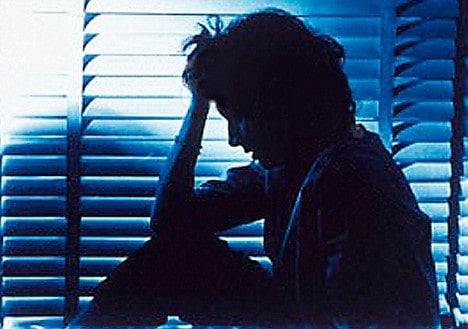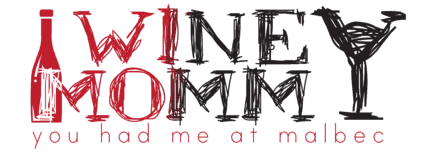Mental health illness refers to a disease that results in mild to severe disturbances in a person’s behavior, moods, or thoughts leading to an inability to cope with ordinary routines and demands in life. Examples of mental health illnesses are anxiety disorders, eating disorders, depression, addictive behaviors, and schizophrenia.
At one point or the other, a lot of people have various mental health concerns. However, a mental health concern may turn into a mental health disorder when the signs and symptoms cause regular stress and affect your day to day activities.
Mental illness can interfere with your ability to function. It can also make you miserable. In most cases, the symptoms can be effectively managed with psychotherapy and medication.
Signs and Symptoms
The signs and symptoms of the different types of mental health disorders vary depending on the illness, circumstances, among other factors and they include:
- Feeling down or sad
- Excessive worries or fears
- Feeling extremely guilty
- Significant changes in eating habits
- Excessive violence, hostility, or anger
- Having extremely high or low moods
- Drug or alcohol abuse
- Trouble relating to people or situations
- Reduced concentration levels or confused thinking
- Hallucinations, paranoia, or being delusional
- Inability to cope with stressful situations or daily problems
- Sleep problems, excessive fatigue, and having low energy levels
- Changes in your sex drive
- Having suicidal thoughts
Treatment for Mental Health Illness
There are different types of treatment methods for mental health disorders and they are:
Medication

Patients can either be treated in an outpatient or an inpatient mental health facility. Medication together with psychotherapy is used to treat certain disorders, depending on the type of mental health illness. Some of the medications used to treat mental health disorders include:
Anti-anxiety Medications: These types of medications are used for individuals who suffer from panic attacks, social anxiety, or generalized anxiety. Anti-anxiety meds are only prescribed for a short duration. If they are used for prolonged periods of time, they can lead to dependence or even addiction.
Antidepressants: They treat depression symptoms; however, in some cases, they are also prescribed for insomnia or anxiety.
Mood Stabilizers: They are prescribed for people struggling with bipolar disorders to stabilize their moods as well as prevent significant depression, mood swings, and mania.
Antipsychotics: These treat psychotic disorders, including schizophrenia.
Psychotherapy Treatment
This type of treatment for mental health illness is also referred to as talk therapy. It involves talking about your mental condition with a qualified therapist. In psychotherapy, you learn more about your disorder, your moods, thoughts, feelings, and behavior. With the knowledge and insight gained, you learn stress management and coping skills.
Psychotherapy uses various methods of treatment with each approach aimed at improving an individual’s mental well-being. In most cases, psychotherapy is successfully completed in only a couple of months, although, other cases may require long-term treatment. Psychotherapy may either be in an individual setting or a group setting.
Brain-Stimulation Treatment
This treatment is used for mental health disorders such as depression. Brain-stimulation is usually reserved for cases in which psychotherapy and medication haven’t worked. It includes transcranial magnetic stimulation, electroconvulsive therapy, vagus nerve stimulation, and deep brain stimulation.

Comments are closed.